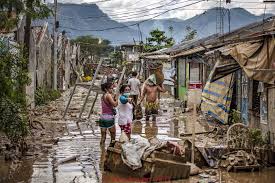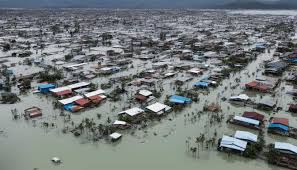The effect of climate change in the Philippines and their resilience
The reasons behind these changes are largely attributed to global warming, driven by human activities that release greenhouse gases into the atmosphere. Deforestation, unsustainable agricultural practices, and industrial pollution all contribute to this phenomenon. The resulting increase in global temperatures leads to more frequent and intense extreme weather events, sea-level rise, and disruptions to ecosystems. These impacts disproportionately affect vulnerable populations, including those living in poverty, those in marginalized communities, and those who rely heavily on natural resources for their livelihoods.
Despite the significant challenges posed by climate change, Filipinos demonstrate remarkable resilience. Indigenous knowledge systems, coupled with modern adaptation strategies, play a crucial role in mitigating the impacts of climate change. Community-based initiatives, disaster preparedness programs, and sustainable agricultural practices are all vital in building resilience and ensuring the safety and well-being of Filipinos. However, addressing climate change effectively requires global cooperation and a commitment to reducing greenhouse gas emissions. The Philippines, while a small contributor to global emissions, is a powerful voice advocating for climate justice and sustainable development.
References:
1. Department of Environment and Natural Resources (DENR) Website
2. Climate Change Commission (CCC) Website




Comments
Post a Comment